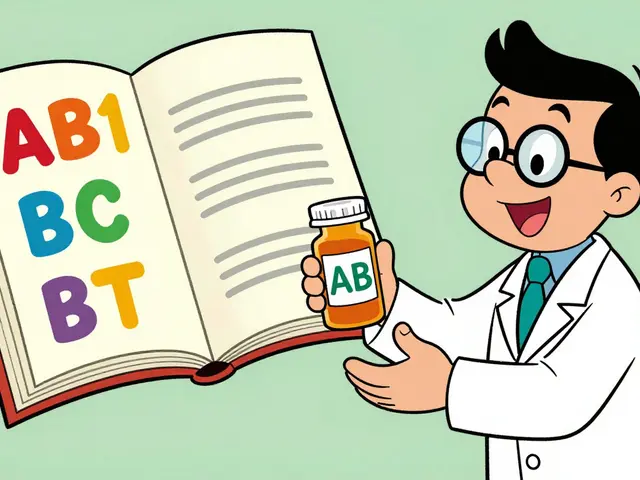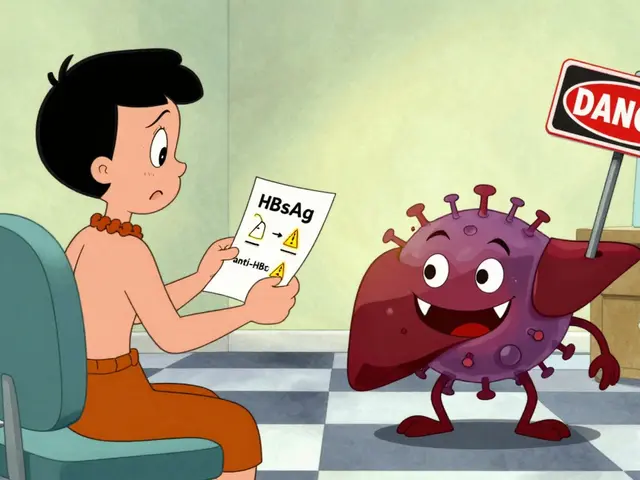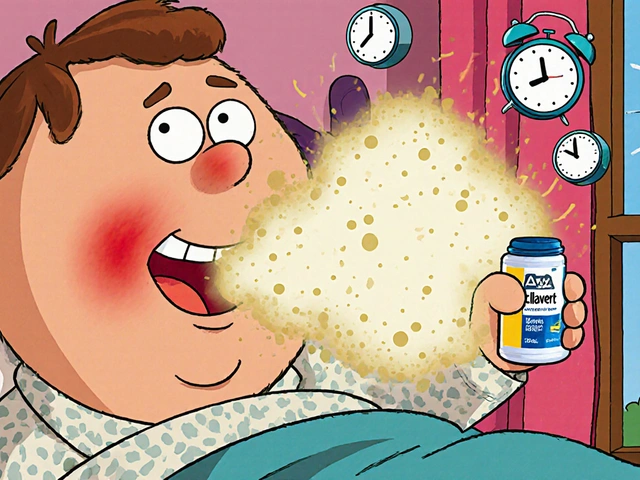Type 2 Diabetes – What You Need to Know
If you’ve heard the term type 2 diabetes and aren’t sure what it really means, you’re not alone. It’s a condition where your body can’t use insulin properly, so blood sugar stays higher than it should. That extra sugar can wear down organs over time, but the good news is you can keep it in check with the right habits.
Most people develop type 2 diabetes after years of gradual changes. Factors like extra weight, a sedentary lifestyle, and a family history raise the risk. Your pancreas still makes insulin, but the cells ignore its signal – a problem called insulin resistance. Over time, the pancreas gets tired and may not keep up.
How to Manage Blood Sugar Effectively
Keeping blood sugar steady is a daily balancing act. Start with food: pick whole‑grain carbs, fresh veggies, lean proteins, and healthy fats. Cut back on sugary drinks, white bread, and processed snacks – they cause quick spikes.
Portion control matters. Even healthy foods can raise sugar if you eat too much. A simple trick is to fill half your plate with non‑starchy veggies, a quarter with protein, and the remaining quarter with complex carbs.
Physical activity is a game‑changer. Aim for at least 150 minutes of moderate exercise each week – brisk walking, cycling, or dancing work well. Exercise makes cells more responsive to insulin, so your blood sugar drops naturally.
If diet and movement aren’t enough, medication may be recommended. Common options include metformin, GLP‑1 agonists, or SGLT2 inhibitors. Your doctor will match the drug to your health profile and guide you on dosing.
Don’t skip monitoring. A home glucose meter lets you see how meals, activity, and stress affect your numbers. Track trends, not just single readings, to spot patterns and adjust your plan.
Common Questions About Type 2 Diabetes
Can type 2 diabetes be reversed? Many people lower their A1C into the normal range by losing weight, eating right, and staying active. While the disease may return if habits slip, the improvement is real and worth the effort.
Is insulin therapy necessary? Only some people need insulin, usually when other meds stop working. Most manage well with oral drugs and lifestyle changes.
What about complications? Uncontrolled diabetes can harm eyes, kidneys, nerves, and the heart. That’s why regular check‑ups with your doctor, eye specialist, and podiatrist are crucial.
Stress and sleep also play a role. High cortisol from stress raises blood sugar, and poor sleep disrupts insulin sensitivity. Simple practices like deep‑breathing, short walks, and a consistent bedtime can make a difference.
Remember, type 2 diabetes isn’t a life sentence. With realistic goals, steady habits, and support from healthcare professionals, you can keep blood sugar in the safe zone and enjoy a healthy, active life.







Categories